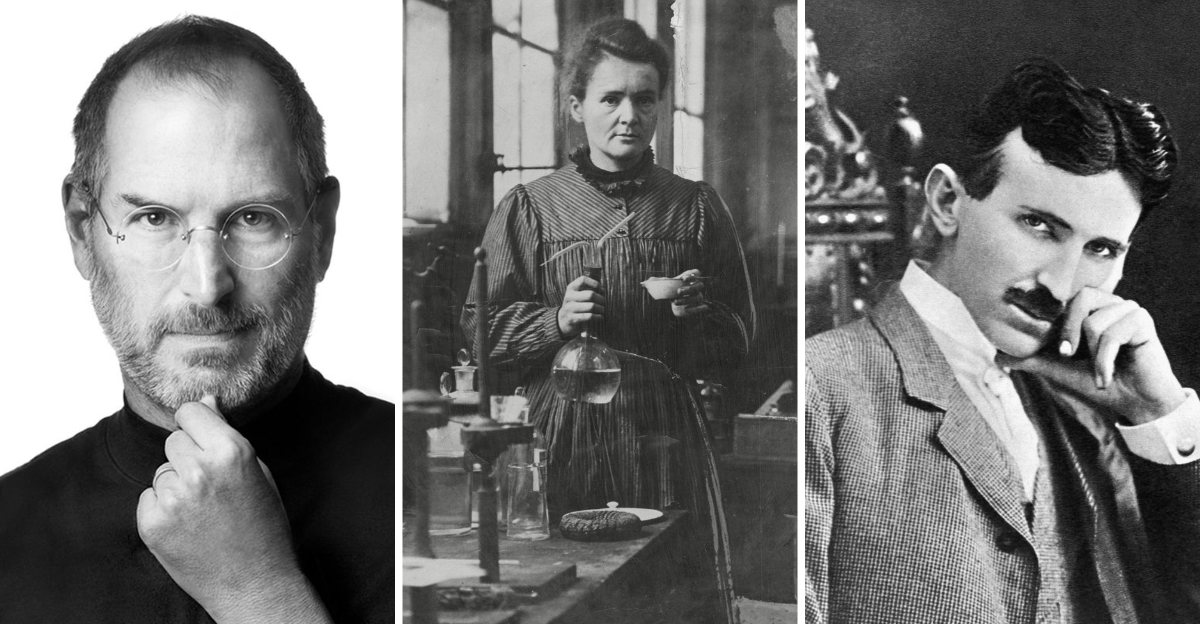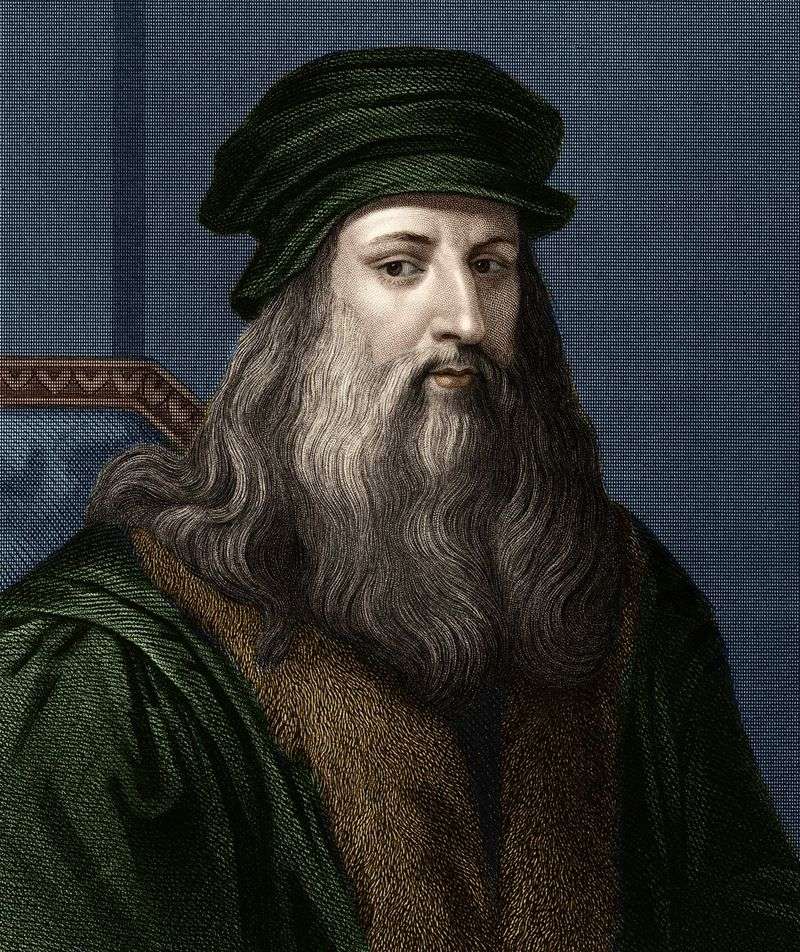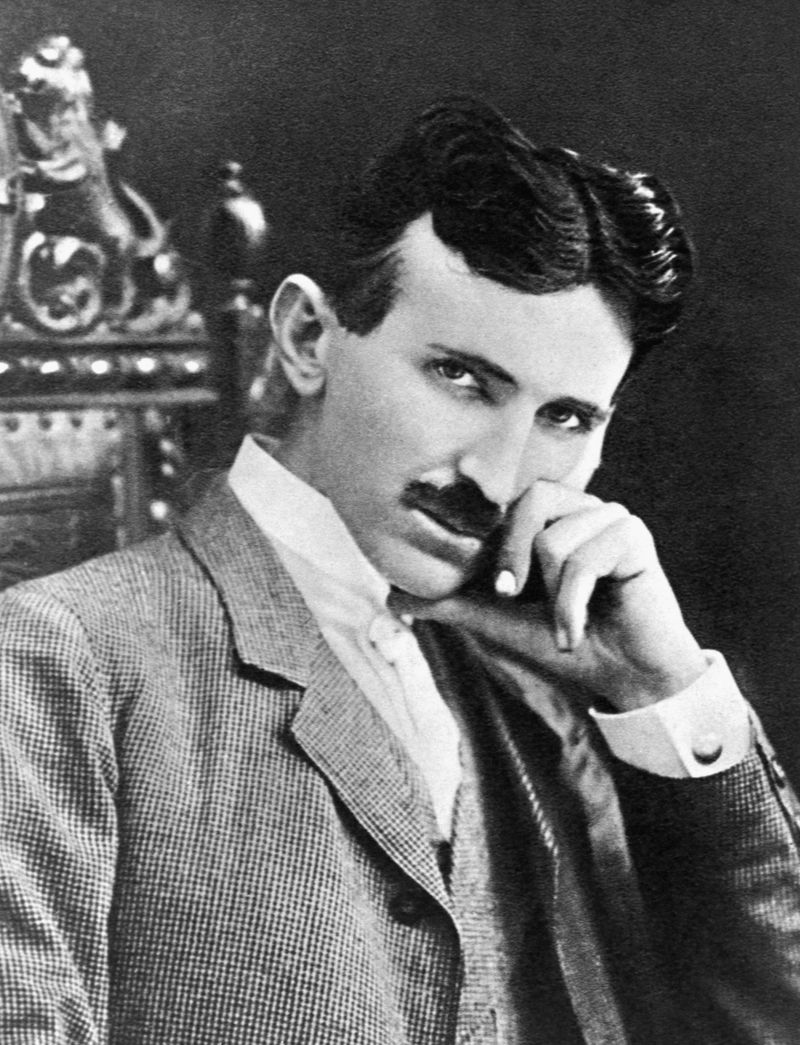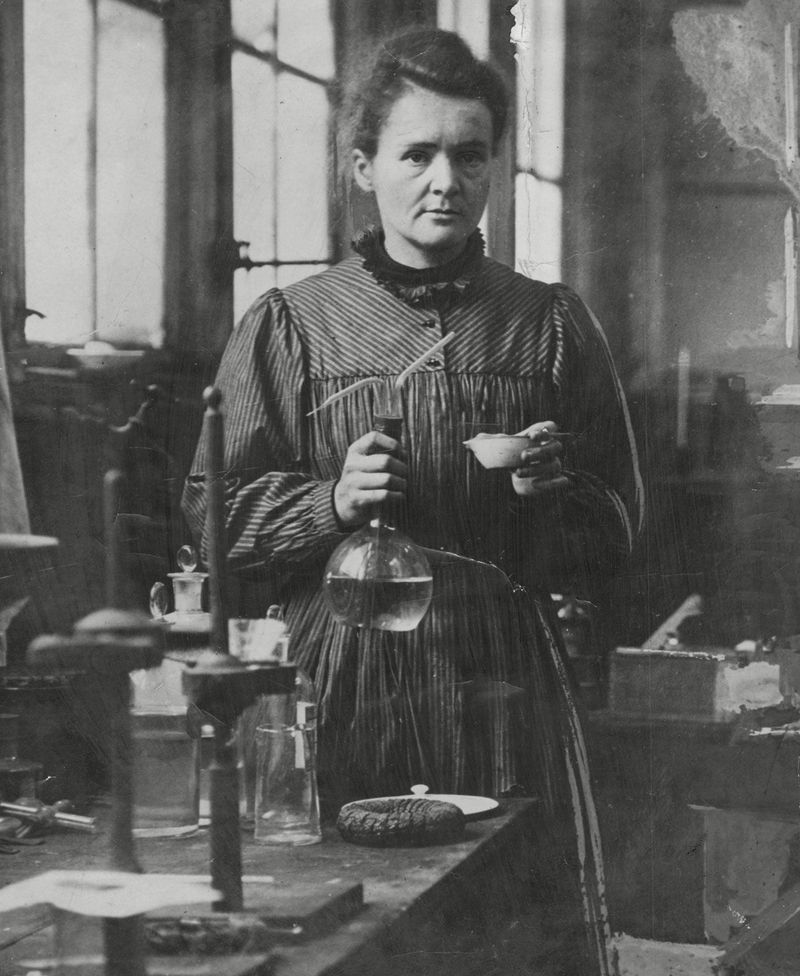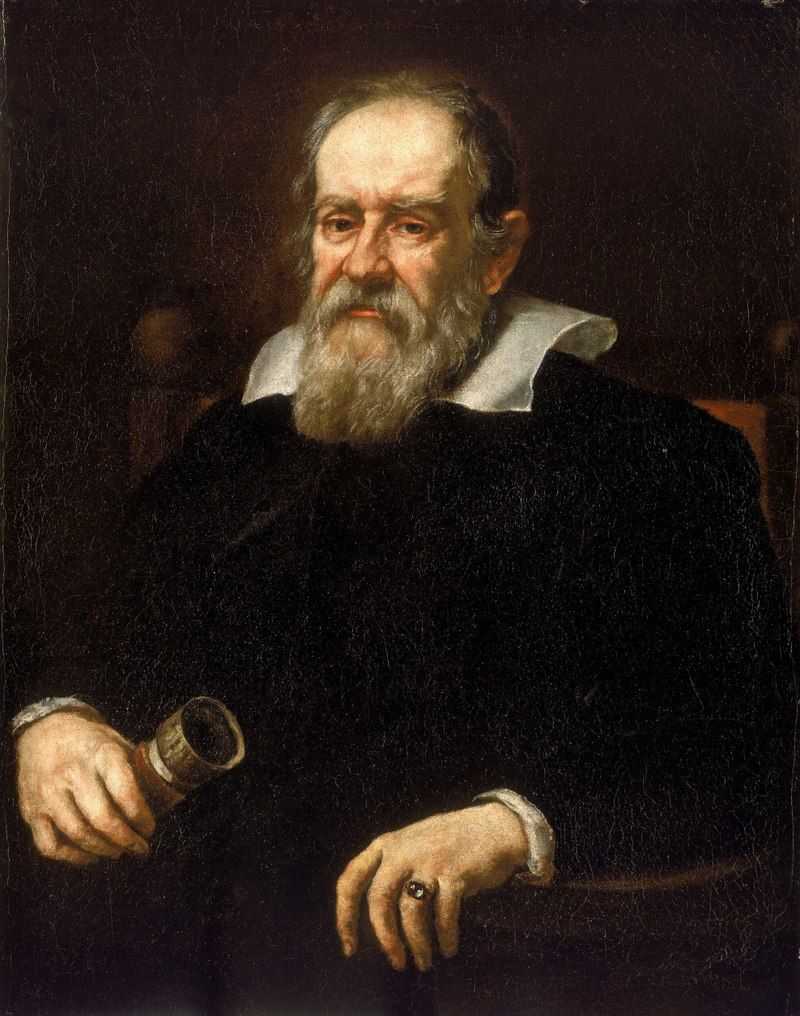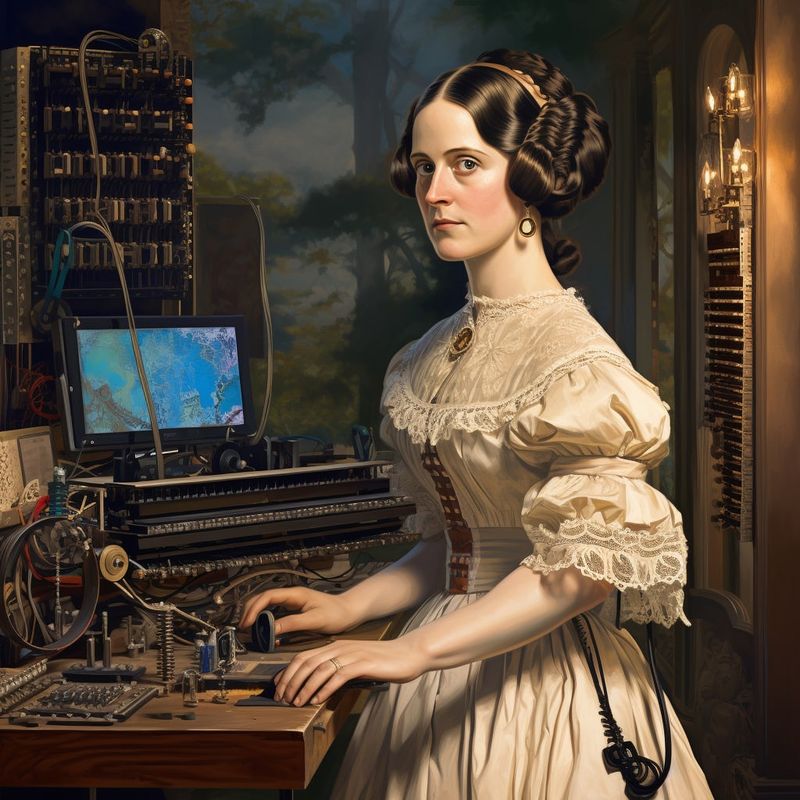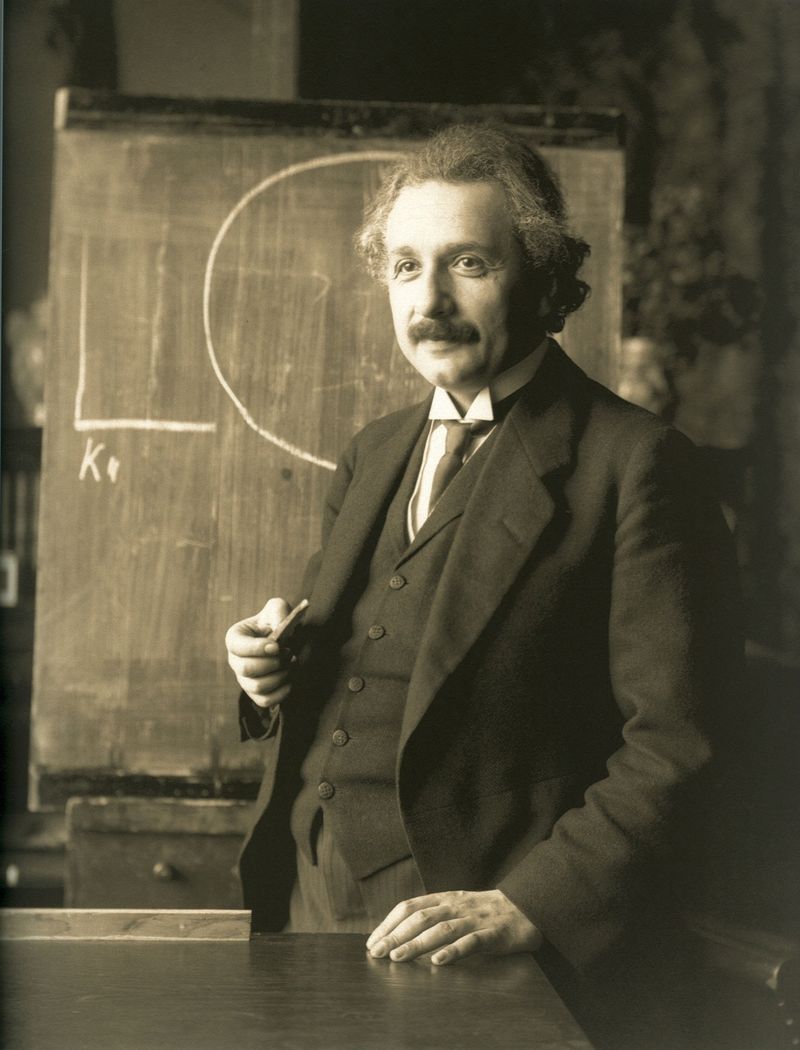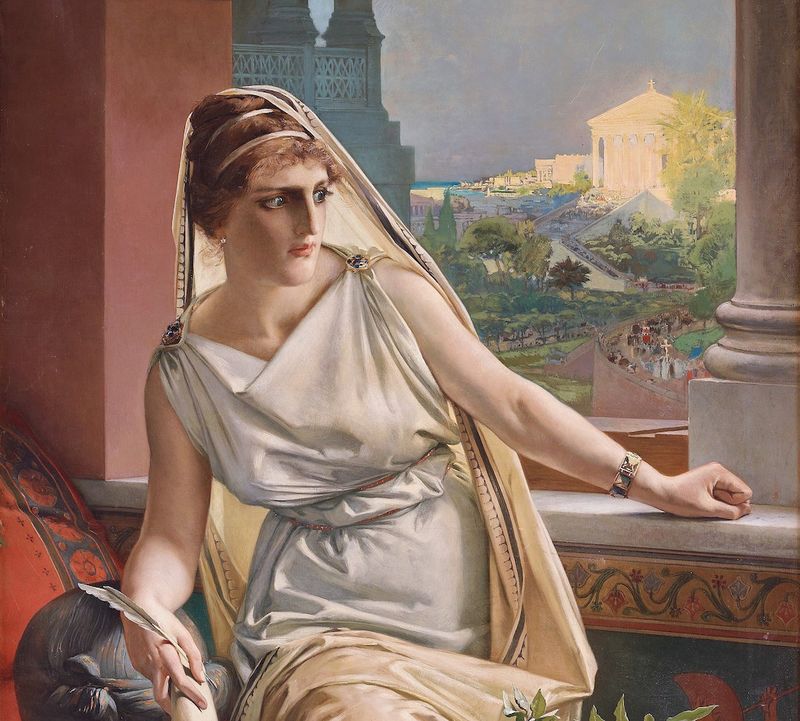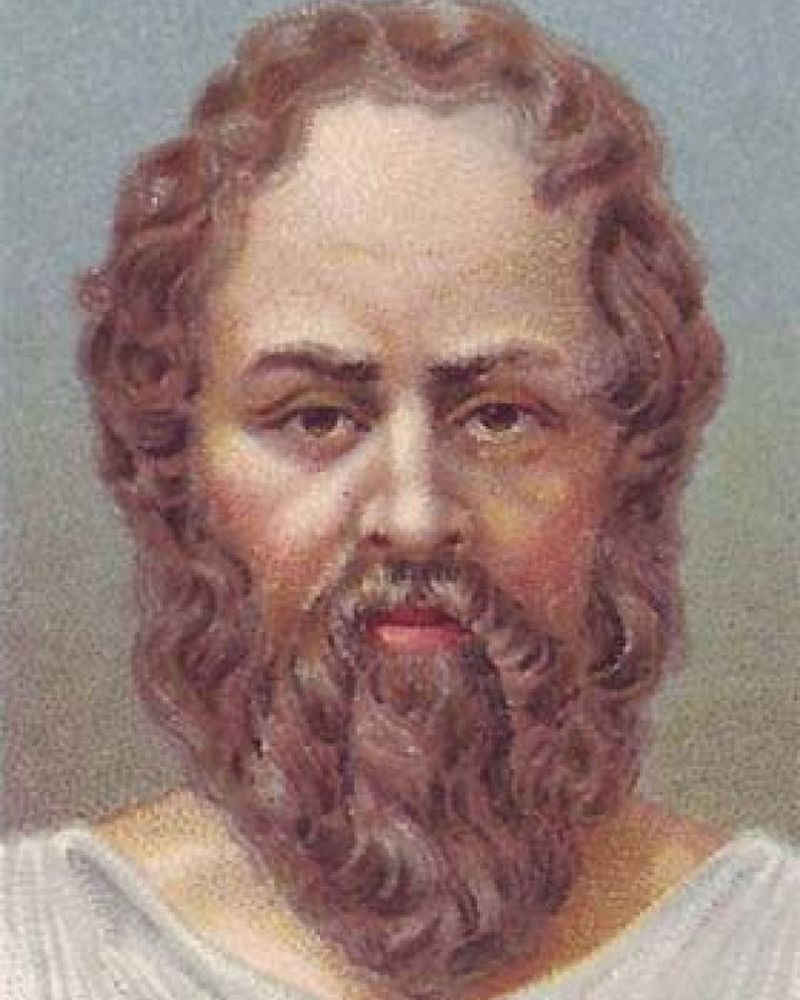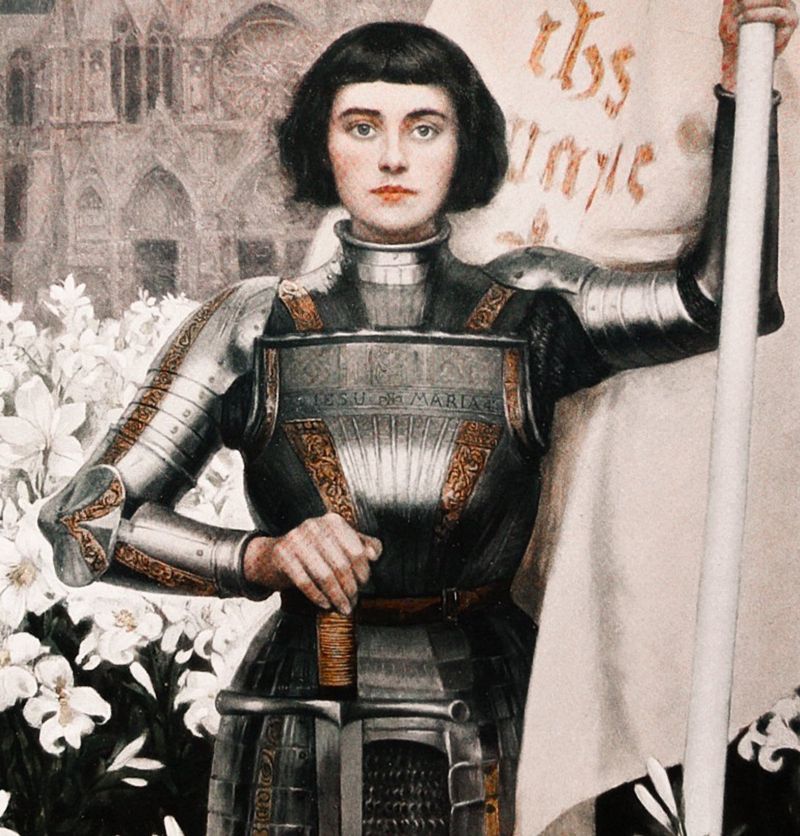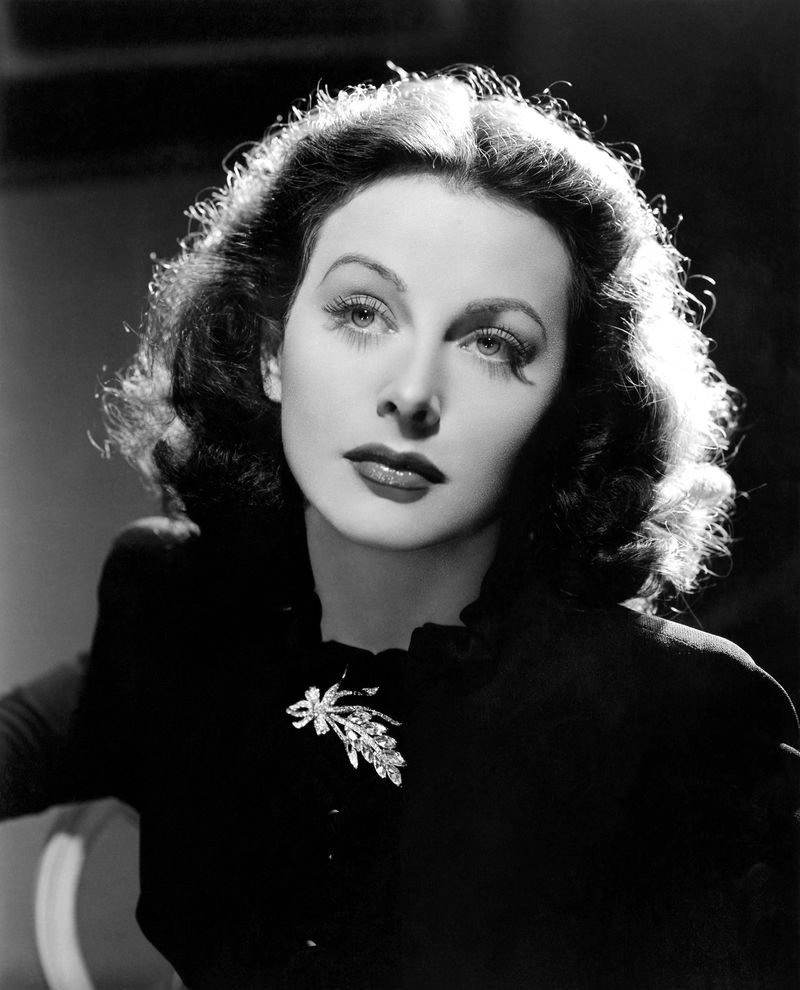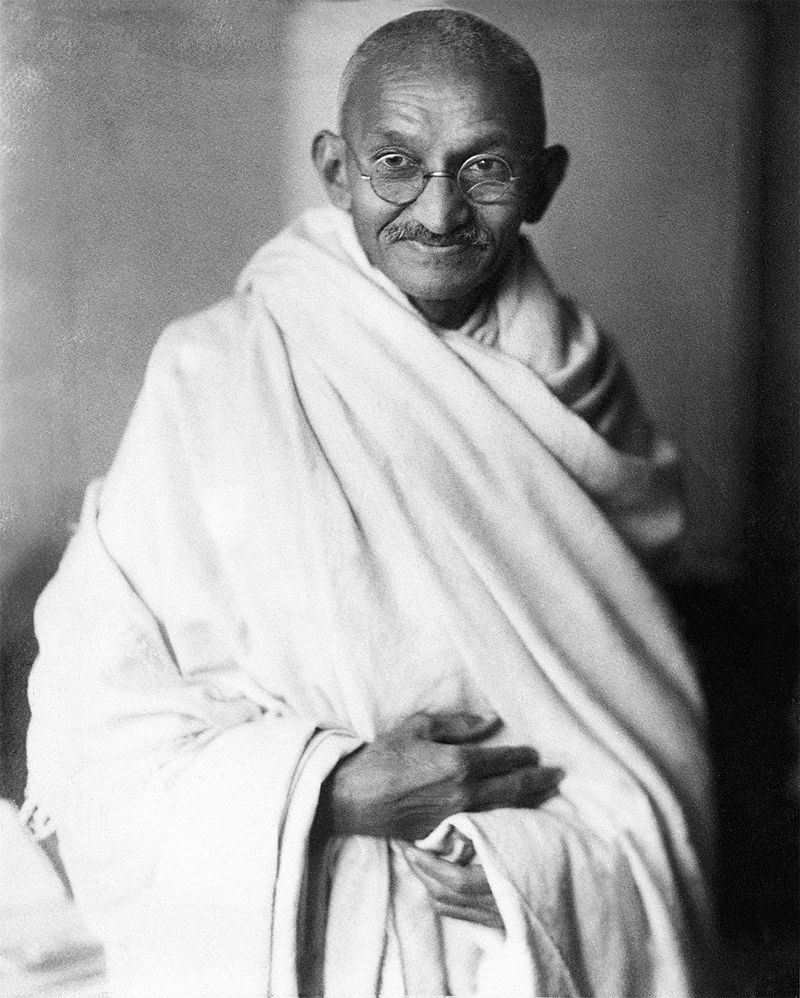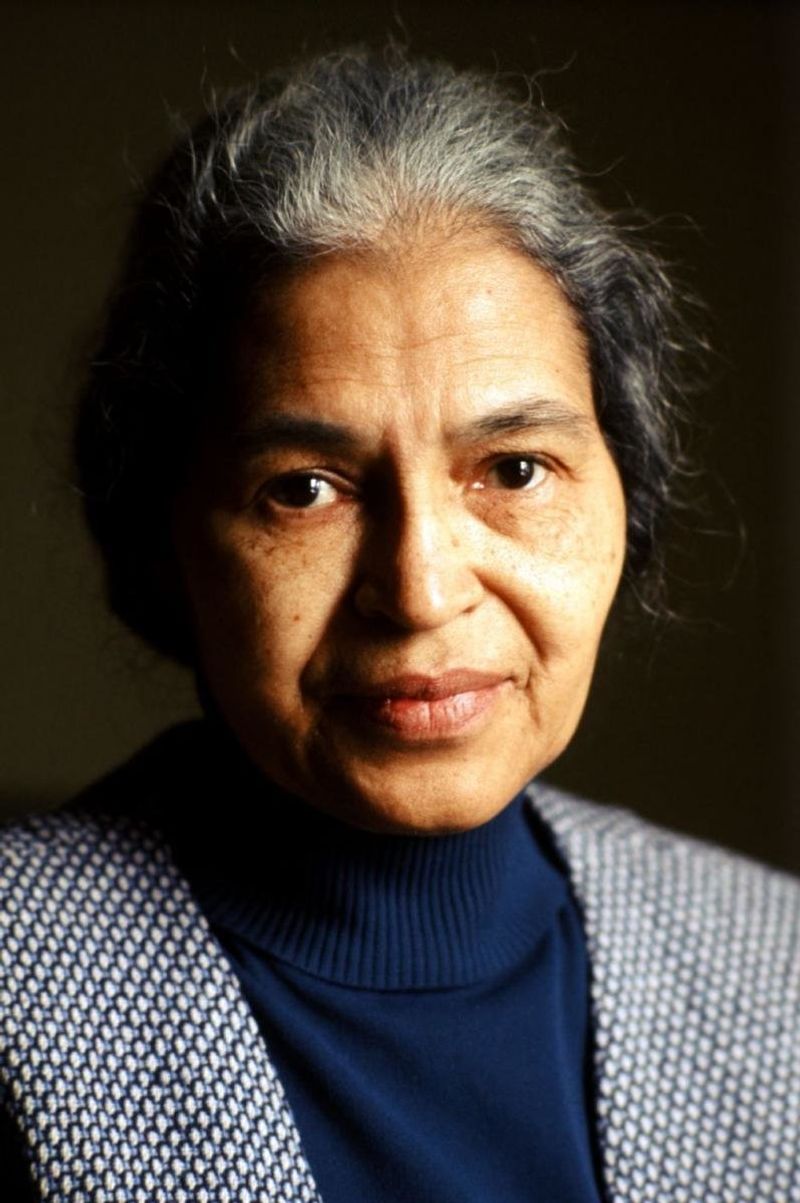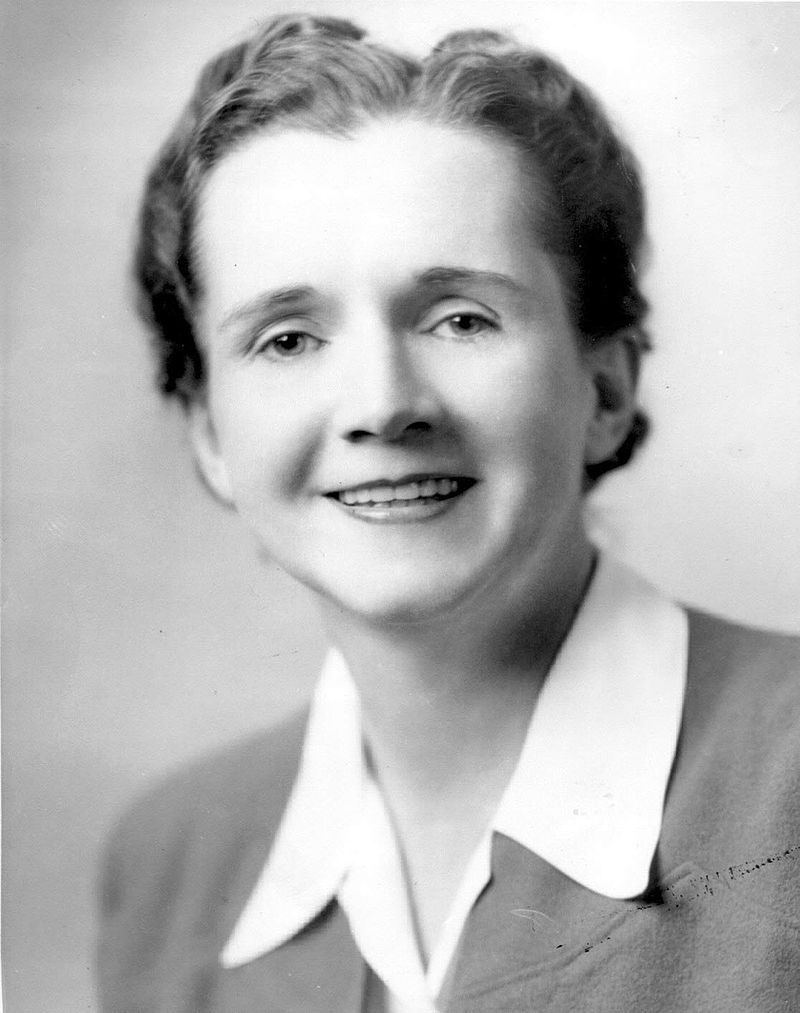Throughout history, certain individuals have dared to dream beyond the confines of their time. These visionary pioneers not only challenged the status quo but also paved the way for future innovations and societal shifts.
This blog post explores 15 such historical figures who were undoubtedly ahead of their time, each contributing uniquely to the tapestry of human progress.
1. Leonardo da Vinci
Leonardo da Vinci was a visionary Renaissance artist and inventor. His curiosity and imagination knew no bounds. He sketched designs of flying machines and war engines that were centuries ahead. Da Vinci’s anatomical studies laid groundwork for modern medicine. Despite living in the 15th century, he imagined technological advancements we see today.
Leonardo’s art, like the Mona Lisa, demonstrated an understanding of light and human emotion that remains unparalleled. His interdisciplinary approach inspires modern thinkers to blend arts and sciences.
Today, he is celebrated as a symbol of curiosity and innovation, urging us to explore the unknown.
2. Nikola Tesla
Nikola Tesla was an innovator whose ideas shaped the modern world. Known for his work with alternating current (AC), Tesla’s inventions changed how electricity is used globally. His visionary ideas included concepts like wireless communication and energy transmission.
Despite facing numerous challenges and financial hardships, Tesla’s passion for innovation never waned. His work laid the foundation for technologies that power our daily lives.
Today, Tesla is celebrated as a genius who dared to dream beyond his time, reminding us of the power of imagination and perseverance in the face of adversity.
3. Marie Curie
Marie Curie was a pioneering scientist who broke barriers in physics and chemistry. She was the first woman to win a Nobel Prize and the only person to win in two different sciences. Her research on radioactivity revolutionized medical treatment and nuclear physics.
Curie’s dedication to science was unwavering, even in the face of societal norms that limited women’s roles. Her work not only advanced scientific understanding but also opened doors for future generations of female scientists.
Curie’s legacy is a testament to the power of perseverance and dedication in overcoming obstacles.
4. Galileo Galilei
Galileo Galilei was a pioneering astronomer and physicist. His support for the heliocentric model of the solar system challenged the prevailing geocentric views. Galileo’s use of the telescope revolutionized our understanding of space.
Despite facing opposition from religious authorities, he remained committed to scientific truth. His courage in advocating for evidence-based science paved the way for modern scientific methodologies.
Today, Galileo is remembered as a father of modern science, inspiring us to question assumptions and seek knowledge through observation.
5. Ada Lovelace
Ada Lovelace is often celebrated as the first computer programmer. Working with Charles Babbage, she recognized the potential of his analytical engine to perform more than calculations. Her visionary notes foresaw modern computing’s capabilities.
In a time when women’s roles were restricted, Lovelace’s intellect and insight were extraordinary. Her work laid the groundwork for computer science, illustrating the power of interdisciplinary thinking.
Lovelace inspires today’s innovators to dream beyond the conventional, showing that creativity coupled with logic can lead to groundbreaking discoveries.
6. Albert Einstein
Albert Einstein, known for the theory of relativity, reshaped our understanding of space and time. His groundbreaking work challenged classical physics, introducing concepts that transformed scientific thought.
Einstein’s curiosity and unconventional thinking opened new avenues in theoretical physics. His insights laid the foundation for modern technologies, including GPS.
Despite personal and professional challenges, his dedication to science and peace remains influential. Today, Einstein is celebrated as a symbol of genius and creativity, encouraging us to push the boundaries of knowledge and understanding.
7. Hypatia of Alexandria
Hypatia was a renowned mathematician and philosopher in ancient Alexandria. As one of the first female scholars, she taught mathematics, astronomy, and philosophy. Her work in preserving and innovating existing mathematical knowledge was significant.
Hypatia’s intellectual legacy faced challenges from political and religious turmoil. Despite these, her contributions laid a foundation for future scholars. Her story is a powerful reminder of the resilience needed to pursue knowledge.
Hypatia continues to inspire as a figurehead for women in STEM, symbolizing the timeless quest for wisdom and understanding.
8. Socrates
Socrates was a classical Greek philosopher whose ideas laid the groundwork for Western philosophy. His method of questioning, the Socratic method, encouraged critical thinking and dialogue.
Despite facing resistance from Athenian society, Socrates’ commitment to seeking truth and wisdom was unwavering. He challenged norms and inspired others to think deeply about ethics and knowledge.
Today, Socrates is celebrated for shaping philosophical thought and education, urging us to question assumptions and pursue intellectual growth through dialogue and inquiry.
9. Joan of Arc
Joan of Arc was a French heroine and military leader who played a pivotal role during the Hundred Years’ War. Guided by visions, she led French forces to key victories, altering the course of the war.
Despite facing skepticism and eventual martyrdom, Joan’s courage and conviction were formidable. Her story has inspired countless generations to stand firm in their beliefs.
Joan of Arc symbolizes resilience and faith, demonstrating that one person’s conviction can change the course of history, even when facing overwhelming adversity.
10. Benjamin Franklin
Benjamin Franklin was a polymath whose contributions spanned science, politics, and media. His experiments with electricity, like the famous kite experiment, laid groundwork for future discoveries.
Franklin’s innovations in civic institutions, like libraries and fire departments, showcased his forward-thinking. His diplomatic efforts helped shape the modern United States.
Today, Franklin is remembered as a founding father and a symbol of innovation and civic responsibility, exemplifying the importance of curiosity and public service in societal advancement.
11. Hedy Lamarr
Hedy Lamarr was an actress and inventor whose work on frequency-hopping technology contributed to modern wireless communication. Despite being known for her film career, her scientific contributions were groundbreaking.
In an era when women were often underestimated, Lamarr’s inventions demonstrated profound ingenuity. Her work laid the foundation for technologies such as Wi-Fi and Bluetooth.
Today, Lamarr is celebrated as a pioneer of technology, reminding us that talent and innovation can thrive beyond societal expectations, breaking down barriers with creativity and intelligence.
12. Mahatma Gandhi
Mahatma Gandhi was a leader in nonviolent resistance, advocating for India’s independence from British rule. His philosophy of nonviolence inspired global civil rights movements.
Gandhi’s commitment to peace and justice, even in the face of oppression, demonstrated the power of ethical leadership. His teachings continue to influence social and political change worldwide.
Today, Gandhi is revered as a symbol of peaceful resistance, inspiring millions to stand against injustice through compassion and understanding, proving that true power lies in nonviolence and determination.
13. Rosa Parks
Rosa Parks was a pivotal figure in the American civil rights movement. Her refusal to give up her seat on a segregated bus sparked a nationwide movement against racial discrimination.
Parks’ quiet strength and resolve became a powerful symbol of resistance. Her actions, and the ensuing Montgomery Bus Boycott, highlighted the impact of individual courage in challenging systemic injustice.
Today, Parks is celebrated as a hero of civil rights, reminding us that one person’s stand for justice can ignite lasting change, inspiring us to confront inequality with courage and dignity.
14. Steve Jobs
Steve Jobs was a visionary entrepreneur who transformed technology and consumer electronics. As co-founder of Apple, his innovations in design and functionality changed how people interact with technology.
Jobs’ pursuit of simplicity and excellence led to revolutionary products like the iPhone and iPad. His impact on digital communication and media consumption is profound.
Today, Jobs is celebrated as a pioneer in innovation, sparking a technological revolution that continues to evolve. His vision encourages us to think differently, pushing the boundaries of creativity and technology.
15. Rachel Carson
Rachel Carson was an influential environmentalist whose book “Silent Spring” raised awareness about the dangers of pesticides. Her work sparked the modern environmental movement and led to significant policy changes.
Carson’s dedication to scientific integrity and environmental protection challenged industrial practices. Her legacy is a testament to the power of informed activism in shaping public consciousness.
Today, Carson is revered as a pioneer in environmentalism, reminding us of the importance of preserving our natural world. Her work inspires ongoing efforts to protect the environment for future generations.
